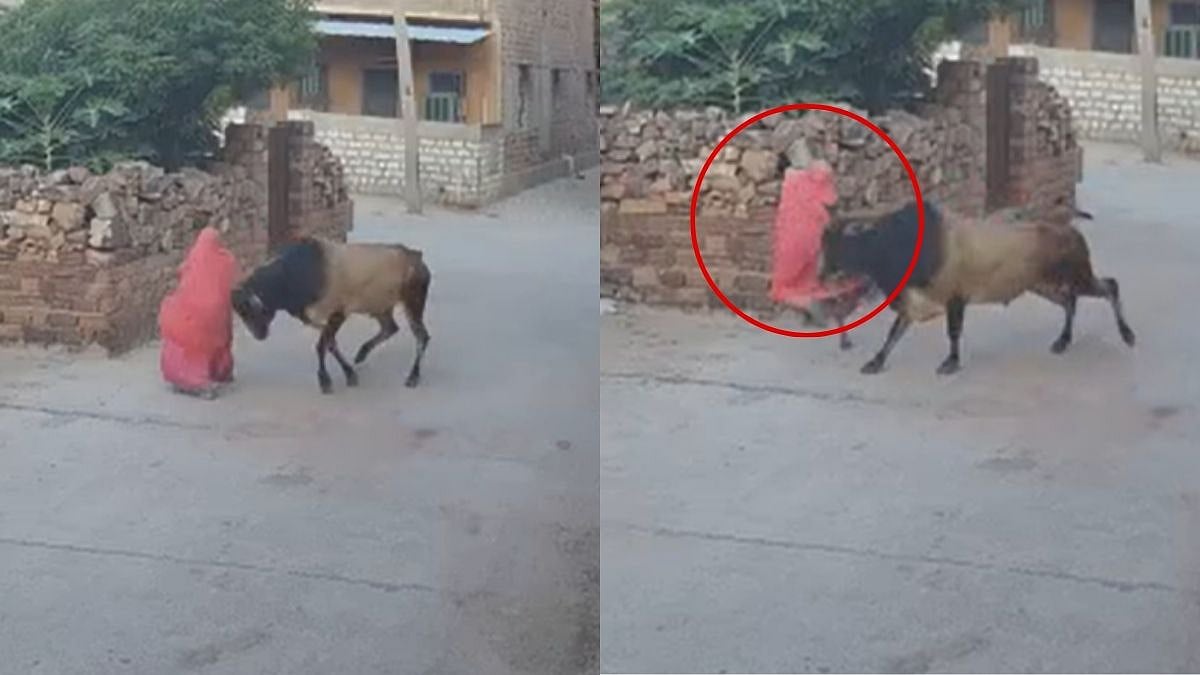Brisbane: Facebook chief executive Mark Zuckerberg recently announced the tech giant will shift from being a social media company to becoming "a metaverse company", functioning in an "embodied internet" that blends real and virtual worlds more than ever before.
So what is "the metaverse"? It sounds like the kind of thing billionaires talk about to earn headlines, like Tesla chief Elon Musk spruiking "pizza joints" on Mars. Yet given almost three billion people use Facebook each month, Zuckerberg's suggestion of a change of direction is worth some attention.
The term "metaverse" isn't new, but it has recently seen a surge in popularity and speculation about what this all might mean in practice. The idea of the metaverse is useful and it's likely to be with us for some time. It's a concept worth understanding even if, like me, you are critical of the future its proponents suggest.
The metaverse: a name whose time has come?
Humans have developed many technologies to trick our senses, from audio speakers and televisions to interactive video games and virtual reality, and in future we may develop tools to trick our other senses such as touch and smell. We have many words for these technologies, but as yet no popular word that refers to the totality of the mash-up of old-fashioned reality (the physical world) and our fabricated extensions to reality (the virtual world).
Words like "the internet" and "cyberspace" have come to be associated with places we access through screens. They don't quite capture the steady interweaving of the internet with virtual realities (such as 3D game worlds or virtual cities) and augmented reality (such as navigation overlays or Pokémon GO).
Facebook's announcement speaks about its attempts to envision what social media within the metaverse might look like. Recent neologisms such as "the cloud" or the "Internet of Things" have stuck with us precisely because they are handy ways to refer to technologies that were becoming increasingly important. The metaverse sits in this same category.
A familiar story
In the mundane world, most of us are grappling with things like a pandemic, a climate emergency, and mass human-induced species extinction. We are struggling to understand what a good life looks like with technology we've already adopted (mobile devices, social media and global connectivity are linked to many unwanted effects such as anxiety and stress).
So, why would we get excited about tech companies investing untold billions in new ways to distract us from the everyday world that gives us air to breathe, food to eat and water to drink? Metaverse-style ideas might help us organise our societies more productively. In South Korea, for example, a "metaverse alliance" is working to persuade companies and government to work together to develop an open national VR platform. A big part of this is finding ways to blend smartphones, 5G networks, augmented reality, virtual currencies and social networks to solve problems for society (and, more cynically, make profits).
The internet has been wildly successful in connecting people all around the world to one another and functioning as a kind of modern Library of Alexandria to house vast stores of knowledge.
Beyond the one-world world
The deeper problems with the metaverse are about the kind of worldview it would represent. In one worldview, we we can think of ourselves as passengers inside a singular reality that is like a container for our lives. This view is probably familiar to most readers, and it also describes what you see on something like Facebook: a "platform" that exists independently of any of its users.
In another worldview, which sociologists suggest is common in Indigenous cultures, each of us creates the reality that we live in through what we do. Practices such as work and rituals connect people, land, life and spirituality, and together create reality.
A key problem with the former view is that it leads to a "one-world world": a reality that does not permit other realities. This is what we see already on existing platforms. The current version of Facebook may increase your ability to connect to other people and communities. But at the same time it limits how you connect to them: features such as six preset "reactions" to posts and content chosen by invisible algorithms shape the entire experience.









